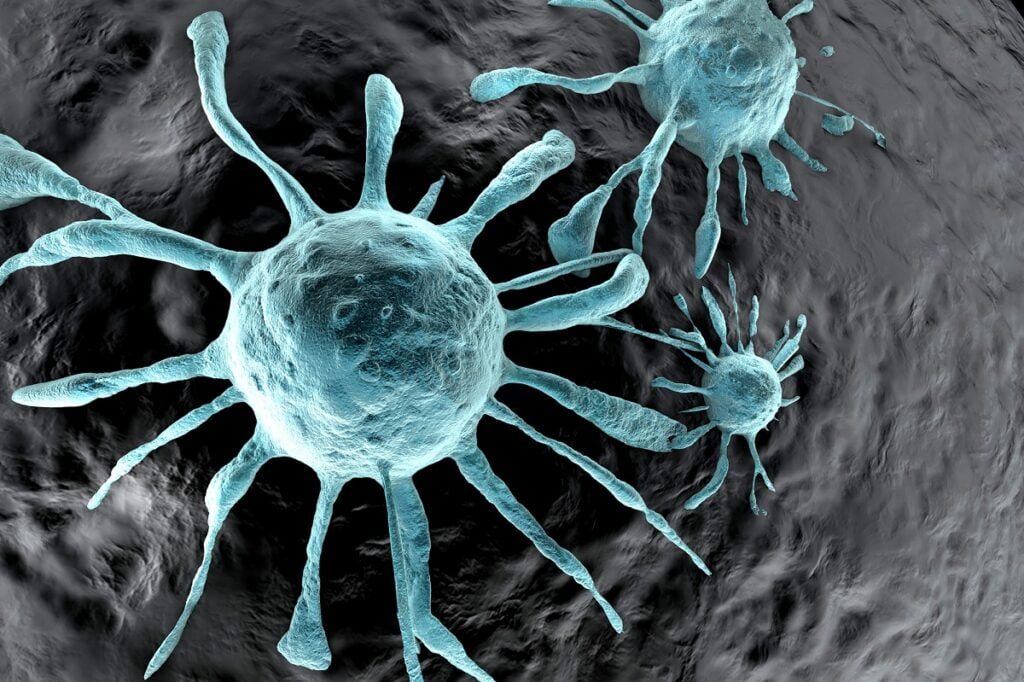Researchers at the Hebrew University of Jerusalem say they have developed a way to accurately predict the behavior of cancer cells, which will advance diagnosis and treatment of the disease.
The new diagnostic tool uses AI machine learning combined with nanoinformatics (observing nanomaterials) to classify cancer cell behavior in individual patient biopsies, potentially paving the way for personalized monitoring of the progression of the disease and the impact of treatments.
The study was led by Hebrew University doctoral student Yoel Goldstein and Prof. Ofra Benny from its School of Pharmacy in the Faculty of Medicine, working with Prof. Tommy Kaplan, the head of the Department of Computational Biology at the School of Engineering and Computer Science.
“Our method is novel in its ability to distinguish between cancer cells that appear identical, but behave differently at a biological level,” said Goldstein.
“This precision is achieved through algorithmic analysis of how micro and nanoparticles are absorbed by cells. The ability to collect and analyze new types of data brings up new possibilities for the field, with the potential to revolutionize clinical treatment and diagnosis through the development of new tools,” he said.
“The research has paved the way for new types of clinical tests that could significantly impact patient care,” said Benny.
“This discovery allows us to potentially use cells from patient biopsies to quickly predict disease progression or chemotherapy resistance and could also lead to innovative blood tests that assess the efficacy of targeted immunotherapy treatments.”
Related posts

Israeli AI Safety Tool Among TIME’S Best Inventions For 2024

TAU Team Discovers Mechanism To Eliminate Cancerous Tumors

Ashdod Port Investing In Startups As Part Of Innovation Strategy




Facebook comments